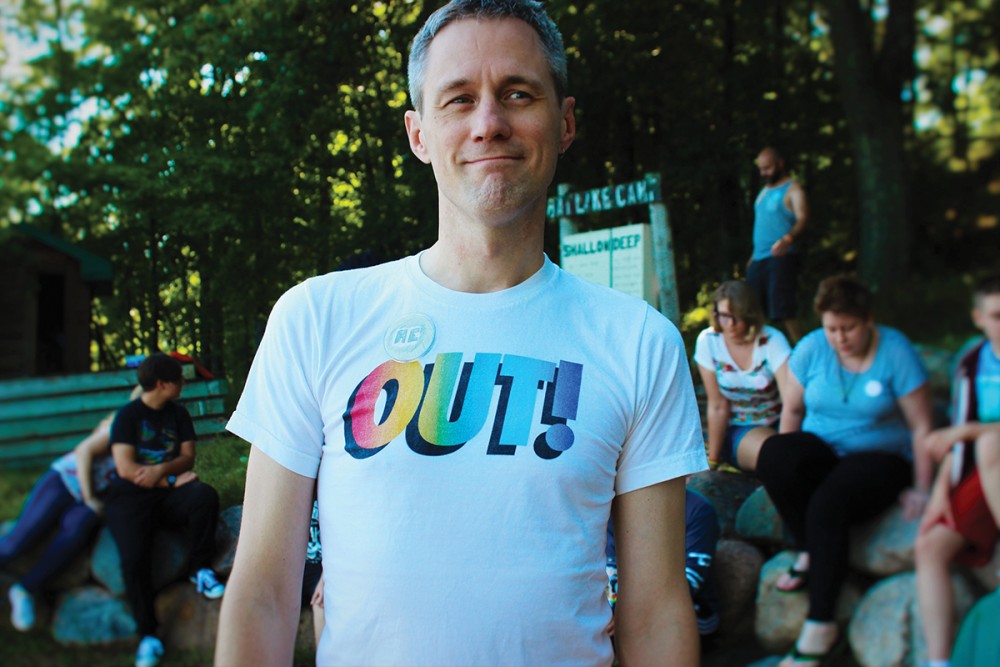The Naming Project is a Christian camp that celebrates LGBTQ teens as they are
“We ask questions like, who am I? Who did God make me to be?”

Ross Murray is the author of Made, Known, Loved: Developing LGBT-Inclusive Youth Ministry. He works for the LGBTQ advocacy organization GLAAD as the director of news and faith initiatives and runs an ELCA-based camp for LGBTQ youth called the Naming Project.
How did the Naming Project start?
We started the Naming Project in 2003, and then the first camp was in 2004. My original grand vision was a Sunday afternoon meeting in a church basement in Minneapolis. Later, Pastor Brad Froslee came to us and said, “I’ve always had this dream of doing a church camp for gay kids.” The camp was much more successful than the weekly meeting because young people have busy lives, and committing themselves to a couple hours on a Sunday afternoon was hard.




